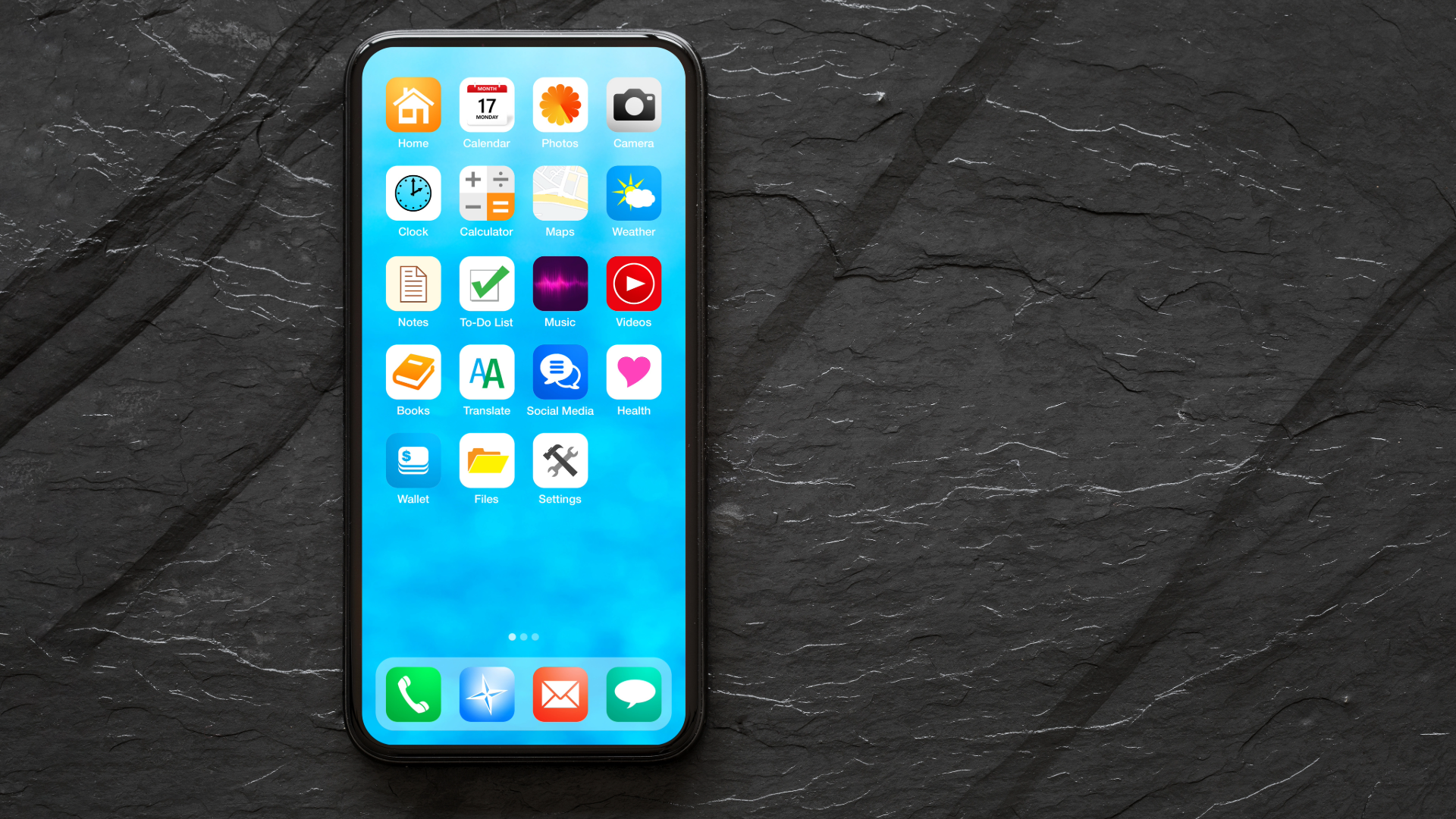Why Get Cyber Liability Insurance?
Does your business need cyber liability insurance?

Understanding Cyber Liability Insurance
In today’s digital age, businesses rely heavily on technology and online operations. With this dependence comes an increased risk of cyber threats, including data breaches, hacking, and other cybercrimes. As these risks continue to grow, the importance of cyber liability insurance becomes increasingly evident. This type of insurance can be a critical component of a comprehensive risk management strategy for businesses of all sizes.
What is Cyber Liability Insurance?
Cyber liability insurance is a type of coverage designed to protect businesses from financial losses resulting from cyber incidents. These incidents can range from data breaches and network security failures to business interruptions and cyber extortion. Cyber liability insurance policies typically cover various costs associated with these incidents, including legal fees, notification expenses, and crisis management.
Key Components of Cyber Liability Insurance
Cyber liability insurance can vary in terms of coverage, but most policies include the following components:
1. Data Breach Coverage: This covers the costs associated with responding to a data breach, including notifying affected individuals, credit monitoring services, and legal expenses.
2. Business Interruption Losses: If a cyber incident disrupts your business operations, this coverage can help compensate for lost income and additional expenses incurred during the downtime.
3. Cyber Extortion: In the event of a ransomware attack or other cyber extortion attempts, this coverage can help pay the ransom and related costs.
4. Legal and Regulatory Costs: This includes legal defense costs and fines resulting from regulatory investigations or lawsuits related to a cyber incident.
5. Public Relations and Crisis Management: This helps cover the costs of managing reputational damage following a cyber incident, including hiring public relations firms to restore your company’s image.
Why is Cyber Liability Insurance Important?
1. Rising Cyber Threats: Cyberattacks are becoming more sophisticated and frequent. Businesses of all sizes are at risk, making it crucial to have a safety net in place.
2. Financial Protection: The costs associated with cyber incidents can be substantial, potentially crippling businesses that are unprepared. Cyber liability insurance helps mitigate these financial impacts.
3. Regulatory Requirements: With increasing regulations around data protection and privacy, such as the General Data Protection Regulation (GDPR), businesses face higher penalties for non-compliance. Cyber liability insurance can help cover these regulatory costs.
4. Customer Trust: Demonstrating a commitment to cybersecurity and having insurance in place can enhance customer trust and confidence in your business.
5. Comprehensive Risk Management: Cyber liability insurance is a crucial part of a broader risk management strategy, complementing other measures like robust cybersecurity protocols and employee training.
Choosing the Right Cyber Liability Insurance
When selecting a cyber liability insurance policy, it’s important to consider the specific needs and risks of your business. Here are some tips to help you choose the right coverage:
Assess Your Risks: Understand the unique cyber risks your business faces and choose a policy that addresses those specific threats.
Review Policy Terms: Carefully examine the policy terms and conditions to ensure that it provides adequate coverage for your needs.
Work with Experts: Consider working with insurance brokers or consultants who specialize in cyber insurance to help you navigate the complexities of policy selection. In addition to your insurance broker, make sure you've contracted with a managed IT systems company so your company can be in compliance with everything in case you need to file a cyber liability claim in the future.
Consider Bundling: Some insurers offer bundled policies that combine cyber liability with other types of business insurance, which can be more cost-effective.
Conclusion
In an era where cyber threats are a growing concern, cyber liability insurance is no longer a luxury but a necessity for businesses. It provides crucial protection against the financial and reputational damage that can result from cyber incidents. By investing in cyber liability insurance, businesses can better safeguard their assets, ensure compliance with regulations, and maintain customer trust in an increasingly digital world.
Recent posts



